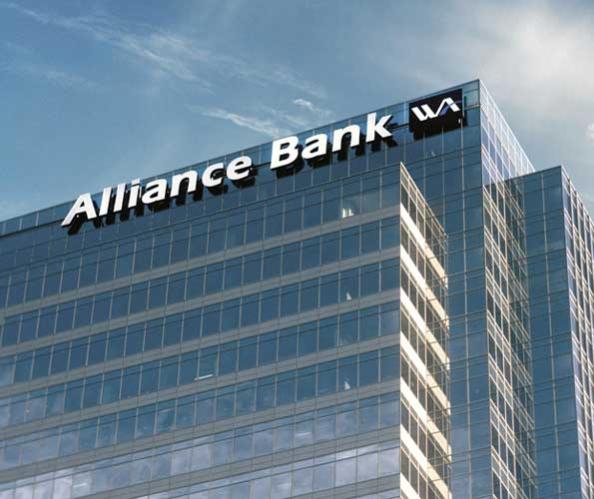5 Questions to Ask Before You Buy or Lease Commercial Real Estate
Buying commercial real estate for your business is tantalizing, particularly if you’ve been wondering whether leasing means throwing money away. However, both options have pros and cons — and their suitability depends on your business.
Leasing vs. buying: pros and cons
Lease payments can reduce taxable income and offer a lower upfront cost. Leasing may be a strong option if your company will only be in a location for a few years. What’s more, leasing doesn’t tie up capital that could otherwise fund growth.
In the long term, though, your rental costs are likely to increase. The Las Vegas-Henderson-Paradise market has been among the top 10 strongest commercial real estate markets in the nation in recent years, a good sign that our market is active and doing well, but rents over time typically go up, not down. In Las Vegas, industrial lease costs increased 37.3% in Q1 2023 compared to one year prior.
When you own your business property, your costs are more predictable, and you may reap tax benefits, predictability and usually substantial investment value. But owner-occupied commercial real estate also brings a higher level of commitment and often a higher level of risk.
What to ask before you buy
When you’re looking to decide whether buying or leasing commercial real estate is right for your business, your banker can help. For starters, here are five questions to ask before making a real estate purchase:
1. Does buying property make sense for my business?
Owning real estate isn’t right for every business or industry. Ownership might make one of your biggest costs more predictable and offer tax advantages. It provides the opportunity to customize the property with a long-term vision in mind. For service professionals, buying a property that you can sell at the end of your career could be a good move. On the other hand, a nonprofit organization typically wants to put money into its mission rather than commercial real estate.
2. What are my financing options?
When you lease, you likely lock in a rate for a relatively short term — often five years. In areas where demand is tight, such as industrial property in Nevada’s booming commercial market, your rent could increase substantially when you renew. For a purchase, you may have various financing options, including commercial real estate loans and SBA 504 loans, which offer up to $5 million at attractive rates to invest in major fixed assets that promote new jobs and business growth.
3. Is being a landlord for me?
It’s prudent to move cautiously when planning to buy a building that’s larger than your business needs and rent out the rest to help pay your mortgage. How much time and attention do you want to commit to being a landlord? What if you can’t find a tenant or your tenant defaults? While this arrangement can work well in some instances, it isn’t suitable for everyone.
4. Can I tolerate the risks?
The risks of buying can affect your business over the long term. First, does a property’s location make sense for your company and industry? Are you confident your prospects are strong enough to provide liquidity for your business needs while covering real estate payments for years to come? How do your plans for the future fit with larger property trends? While Southern Nevada’s commercial real estate market has been strong, the future holds no guarantees. Will the building offer good reuse or resale value if and when you retire, go out of business or sell your company?
5. Is a lease-back arrangement a reasonable option?
Buying the real estate where your business operates certainly increases complexity — but it can also help accumulate wealth. According to the National Council of Real Estate Investment Fiduciaries (NCREIF), privately held commercial real estate has an average 25-year return of 9.4% annually. If you lease that property back to your business, you have an asset you can depreciate — and you can pay rent to yourself instead of a third party. Of course, it’s a good idea to talk with your banker and accountant about how this type of arrangement would affect the other elements of your financial picture.
As your trusted advisor, your banker can help you determine your credit needs and opportunities and even advise whether your plan is realistic for your business. To learn more about how we can help you make a decision about buying or leasing business property, contact your Bank of Nevada relationship manager.
Commercial Real Estate
Western Alliance Commercial Real Estate, a national banking group within Western Alliance Bank, Member FDIC, delivers tailored CRE and construction financing solutions to clients for all asset classes, wherever business happens. Industry experts provide responsive service that puts clients at the center of everything. The Commercial Real Estate Group is part of Western Alliance Bancorporation, which has more than $80 billion in assets. Major accolades include being ranked as a top U.S. bank in 2024 by American Banker and Bank Director. With significant national capabilities, the Commercial Real Estate Group delivers the reach, resources and deep industry knowledge that make a difference for customers.
